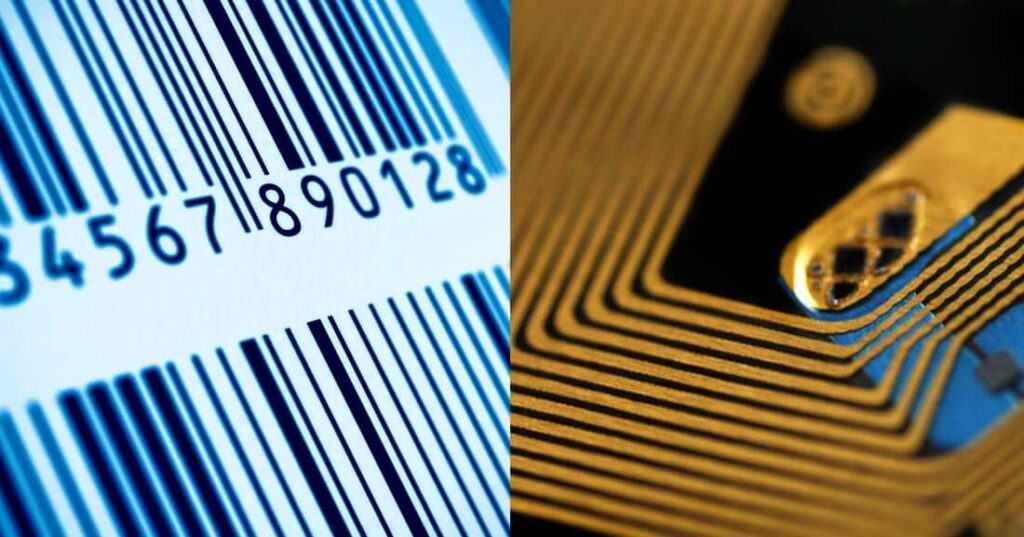Counterfeiting and fraud have been major concerns for companies. Time and again, some new website flashes a headline that suggests a major investment in time and resources that help reduce the risk related to these fakes that enter the production system and change the system to the reverse mode. These functions operate in the dark, and no good is happening to anyone except the fraudsters.
However, with the rising use of digital resources and technology, people are shifting to make use of similar platforms that ensure a quick and easy process. But authenticity is a major question, especially when people trade in blockchain technology. Hence, blockchain tracking becomes important to overcome the issues and let the trust factor prevail.
Also, when such tracking comes into the picture, it helps in tracking and authenticating the transactions and sorting the risks-related concerns attached to such transactions.
Let’s discuss how blockchain tracking systems can help combat issues related to laundering, fraud, and counterfeiting.
● Tracking Product Genealogy
Source: youtube.com
Blockchain technology amalgamates with the Internet of Things (IoT), providing numerous advantages that help curb fraud-related issues. If you talk about them specifically, you will learn that the Internet of Things concept provides unique identification and traceability. Further, blockchain is known for providing a tamperproof chain of custody information.
When they are paired together, a shared and distributed ledger capable of recording important information like the ownership, movement, location, and origin of the raw materials and products present in different stages of the value chain is created.
Various parties to these materials and goods, like the manufacturers, customers, and partners, enjoy more transparency. Also, they can get their hands on the authenticity they have been looking for since a long time.
It is a great combination that should be applauded for its ability to immutably track and share genealogy across different parties to the products, services, and raw materials. It can play a major role in combating counterfeiting in different ways where traditional ideologies cannot.
● Initiating The Verification Process
It might sound like an age-old story to you, but the reality is that counterfeiting is back in the fraud game, and the bets against the same are pretty high. They complicate the trade processes and lead to major losses to individuals and companies. The fraudulent creation of raw materials, products, services, and commodities is going on at a large scale.
It is bigger than you think, so certification at each step becomes important to ensure that there are no loopholes in the process, and you end up falling prey to the counterfeiting trap.
Traditionally, paper verification and word of mouth were trustworthy facts, but now, the need is much more than that.
If you plan to sit back and do a manual check of all materials and goods, and that too at all levels, it might take you forever to dispatch a small batch of goods and services in the market that can be of no use.
Blockchain tracking is, therefore, an asset over here, too. It can track the product’s lifecycle from one end to another. There are various ways of doing it, and it begins with verifications. So, even if there is a slight doubt, the product won’t pass that stage until the air of doubt and confusion is settled. It is a great way to pay and break the ongoing fraudulent demand and supply cycle in the domestic and international markets.
● Use Of Barcodes And Tags

Source: freepik.com
When the goods or raw materials in the transactional move are tagged with barcodes or RFID tags, it helps in scanning. Also, the tags ensure that the viewer gets information regarding the product’s history. Any suspicious activity comes under the eye in this way, and extra attention followed by supervision for the particular product can be initiated.
When smart tags are coupled with blockchain technology for tracking, it helps in reducing the likelihood of fraudulent sales. The combination allows various parties in the process, like manufacturers, channel partners, distributors, third-party retailers, regulators, supervisors, and customers, to verify the product and be sure of its authenticity.
It can be done during the movement of the goods within the value chain. What will happen with the counterfeit goods?
The answer to it is simple. When the tracking is going on with the use of smart tags, it will become hard for the counterfeit goods, along with the ones with adulterated labels, to escape the detention stage.
The real-time authentication process comes into the picture, which ensures that the preponderance of revenues that prevails because of the sales falls into the lap of legitimate brands and authentic manufacturers only. The regulators working for the same are enabled to digitally trace the provenance and chain of custody for any material, goods, or services being sold.
● Prevent The Need For Unnecessary Repair Leading To Goods Replacement
You might have seen in movies or read in related novels that the unnecessary need for replacement and repairs of goods is initiated. In such a case, fraud measures create the needs, and when the goods are sent for a replacement, the adulterated goods are replaced and made to enter the supply chain mechanism.
However, with blockchain tracking, the front-end applications linked to the blockchain platform ensure ease for the support representatives to verify the truth behind such claims. They can make judgments without glancing at the product in question.
The authentication process is fast and more accurate. It allows the support personnel to direct more time and resources to legitimacy, improve their responsiveness, and reduce wastage. Also, it helps in increasing customer satisfaction.
Besides that, blockchain tracking helps curb other things like environment-related crime, corruption, and fighting various crimes with the tracking process.
Conclusion

Source: pinterest.com
Blockchain technology and tracking process are more useful than their connection with cryptocurrency dealings. Counterfeiting is a massive problem that leads to losses every year. Be it individuals or groups, companies, or associations, and all can use blockchain tracking so that they can secure themselves from such risks.